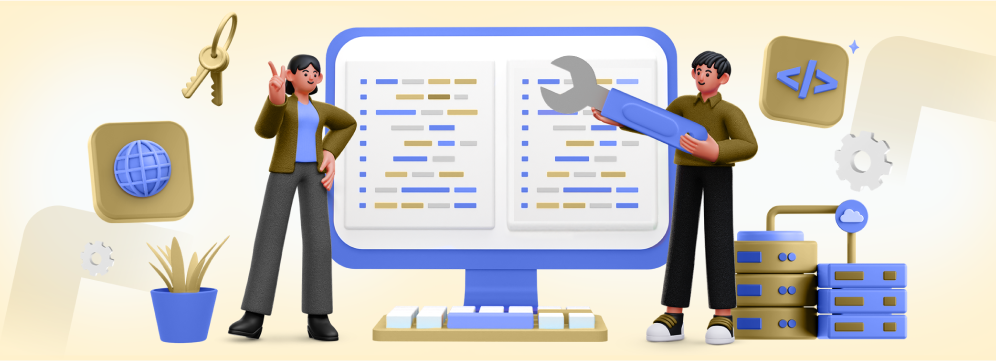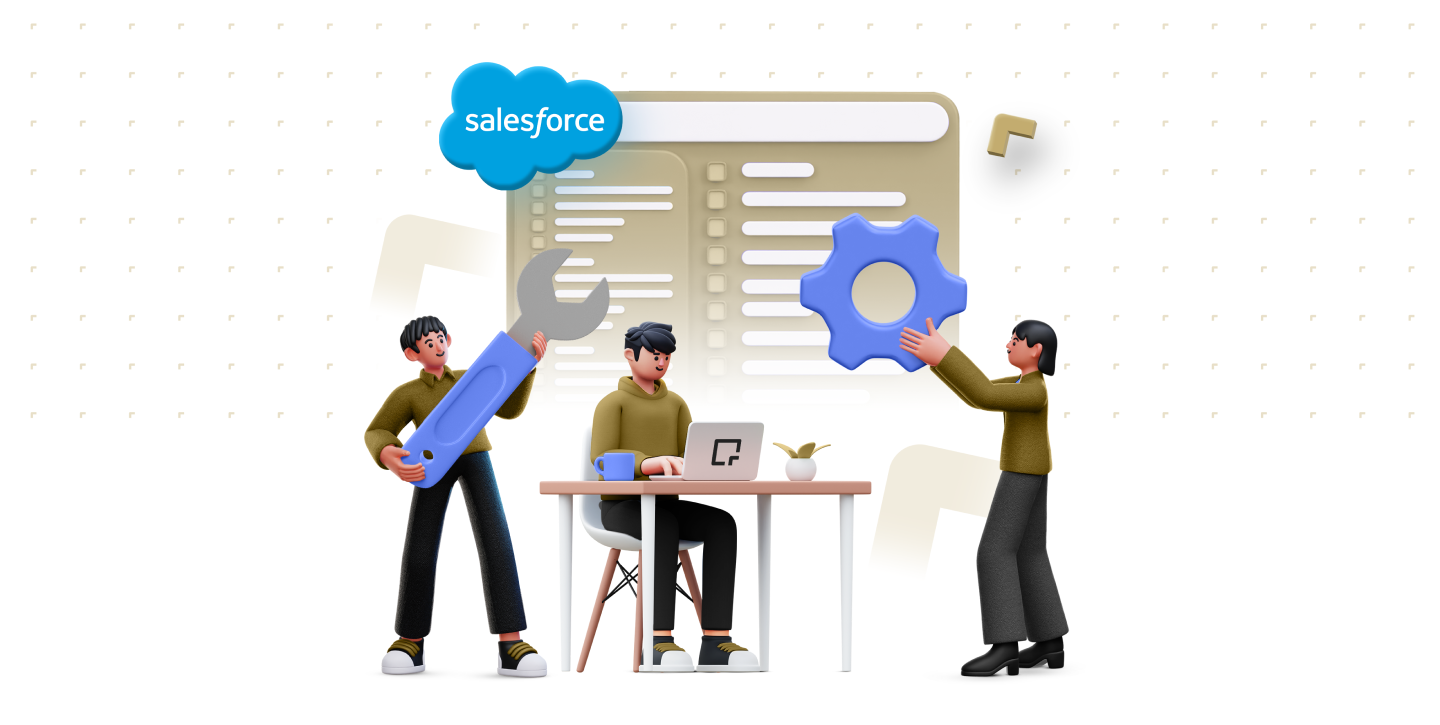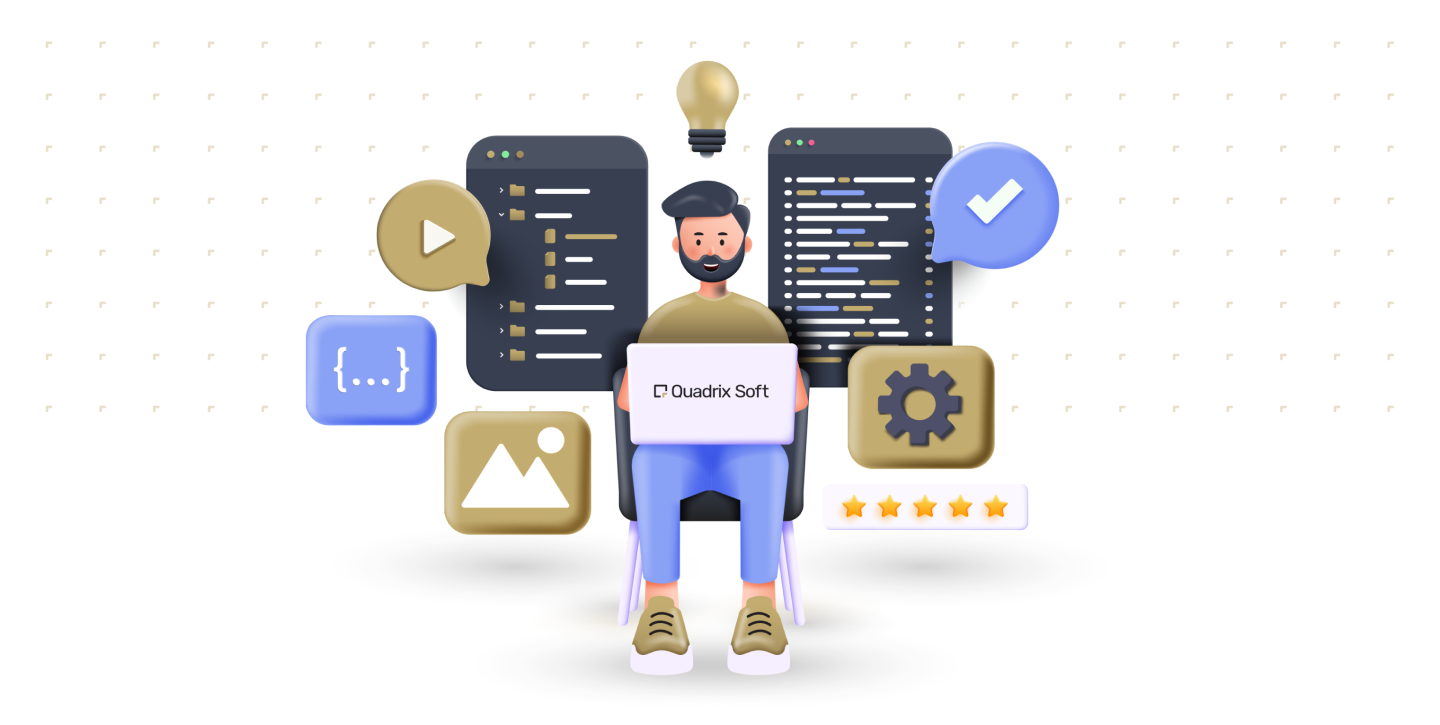Without a thorough analysis of how to maximize the value of your Salesforce investment, you might not even realize how powerful this CRM system can be and what it can do for your team.
What are the indications that you are not using the full potential of Salesforce?
Even with Salesforce in place, you might find yourself retrieving certain customer information from other systems. Reports may not have all the performance insights you need. You may be facing negative sales responses or feedback from customers suggesting a lack of personalization. Whatever the problem is, a one-size doesn’t fit all.
Oftentimes certain areas of the out-of-the-box solution do not align with specific team’s needs or contribute to maximum efficiency as anticipated. Each business has unique requirements, so you must identify and align them with your CRM system.
In order to determine what’s most effective for your business processes, teams and customers, it is often necessary to engage all Salesforce users within your company. Their insights can help you discover how to customize the CRM system to your unique business context. To get started, you need to know all the basics of Salesforce customization, so we will go through those here.
What is Salesforce customization?
Salesforce customization is about tailoring the out-of-the-box solution programmatically to your business needs. This means that you adapt and extend the capabilities of Salesforce using custom software development techniques. You can add new and modify existing features, improve the user interface and integrate other systems as needed. Next to this, you can build or install custom apps for your Salesforce platform. All this allows you to go beyond the default settings and not rely solely on Salesforce’s built-in functionality.
Developers can expand the platform’s functionalities without changing the underlying codebase, thanks to its metadata architecture. Salesforce operates on a Platform as a Service model, offering a strong infrastructure and development environment for customization. The platform provides a comprehensive set of APIs, which enables developers to integrate external systems with the CRM.

It’s important to note that companies can also adjust Salesforce to their unique business processes using existing settings and declarative tools within the default solution. This is called configuration and it doesn’t require programming.
In practical implementation, tailoring a Salesforce solution often involves a combination of both declarative (configuration) and code-based (customization) approaches.
Salesforce customization areas
Salesforce is a highly customizable platform that allows companies to make extensive modifications to its functionalities, user interface and integrations. As said, you can make some of these changes quickly and easily through the administration panel without the need for coding skills. However, if your business requirements exceed the capabilities of declarative tools, customization is necessary. Check below some of the most common situations when customization is required and implemented:
1. Functionalities
While Salesforce provides a range of declarative tools, these may not fully meet the unique needs of companies. To illustrate, here are a few of these scenarios:
- Object Customization: If you require custom business logic, calculations or data processing specific to the custom object, you’ll need Apex code;
- Custom Automation: When your automation involves complex data manipulation, specific error handling, large volumes of records or interaction with external systems, the capabilities of declarative tools might be limited;
- Custom Reports and Dashboards: If standard reports and dashboards can’t cover the exact metrics or data relationships your business cares about;
- Custom Applications: When the full custom app aligns precisely with the specific needs and workflows of your business.

2. User interface
Salesforce settings already allow you to edit the interface and make changes based on your company’s needs. However, it’s not unusual that this doesn’t always meet the needs fully. Let’s take a look at a couple of these scenarios:
- Advanced visualization: When standard components lack the necessary visual elements;
- Complex UI logic: If the dynamic UI elements, custom validation logic, conditional show/hide components or other complex UI logic is required, the configuration might not be enough;
- Integration with external systems: When the user interface logic involves interaction with external systems or APIs, coding can be necessary;
- Branded elements: Advanced branding and styling options often surpass configuration capabilities.
3. Integrations
While configuration-based integrations cover many scenarios, there are circumstances where integration through code may be necessary:
- Complex business logic: If you need to perform calculations, apply custom rules or orchestrate multi-step integration processes;
- Custom integration patterns: When the declarative tools don’t support a particular integration pattern or protocol;
- Legacy or custom system: When integrating with legacy systems or custom-built applications that do not have pre-built connectors or standardized interfaces;
- Performance optimization: When new integrations require performance optimization for a good end-user experience.
The bottom line is that your business context determines what customization scenarios you will be faced with.
Key benefits of Salesforce customization
The purpose of customization is for you to utilize the full potential of Salesforce in a way that helps your business grow. So, let’s explore how this works.
1. Thorough customer insight

Customization empowers you to collect specific and valuable insights by customizing data fields to your business needs. You create customized reports that show relevant customer figures, allowing you to personalize your approach to the target audience. Seamless data exchange between systems ensures efficient data management. By personalizing your CRM, you gain the ability to identify trends and patterns that may give you a competitive edge in your industry.


2. Optimized team efforts

Through customization, you can leverage automation in the way your business benefits the most. You can reduce repetitive manual work and mitigate errors that are common specifically within your teams. These streamline operations and enable you to set proper priorities, focusing efforts on high-value activities. Furthermore, customization can enhance the user experience, making the platform more intuitive and user-friendly. As a result, overall productivity, customer satisfaction and work performance get improved.
3. Flexibility with changing requirements

Goals, processes and requirements can change as a company grows. This means your CRM system must be able to adapt and scale. As CRM is customizable, you can continually adapt it to your business so that it’s always able to serve your needs. It is essential to customize in such a way that future updates can be made without extensive rework.

Benefits from customization are wide, but in order to obtain them you have to make reasonable decisions. It is necessary that you dive deep into your business processes and the way the platform works and what it offers. You need to be clear about what you want to achieve in order to determine whether declarative tools or a code-based approach best meets your needs. Everything you decide on customization has to be aligned with your specific objectives and user needs. Finally, developers with the right expertise have to help you to properly implement the changes. Developers should be able to thoroughly understand all the business requirements and objectives in order to implement customization properly. It’s crucial that they follow Salesforce development best practices and coding standards so they ensure a clean and scalable solution.
If you are looking for developers specialized in Salesforce to help you implement the changes, the Salesforce development team at Quadrix Soft can make this easy for you. Our team has a proven track record of successfully customizing the Salesforce platform for various business scales and industries.
To learn more about hiring a company specialized in Salesforce development, we invite you to explore our blog: “6 Key Advantages of Using Software Development Services for Your Business.” Check out the link.



